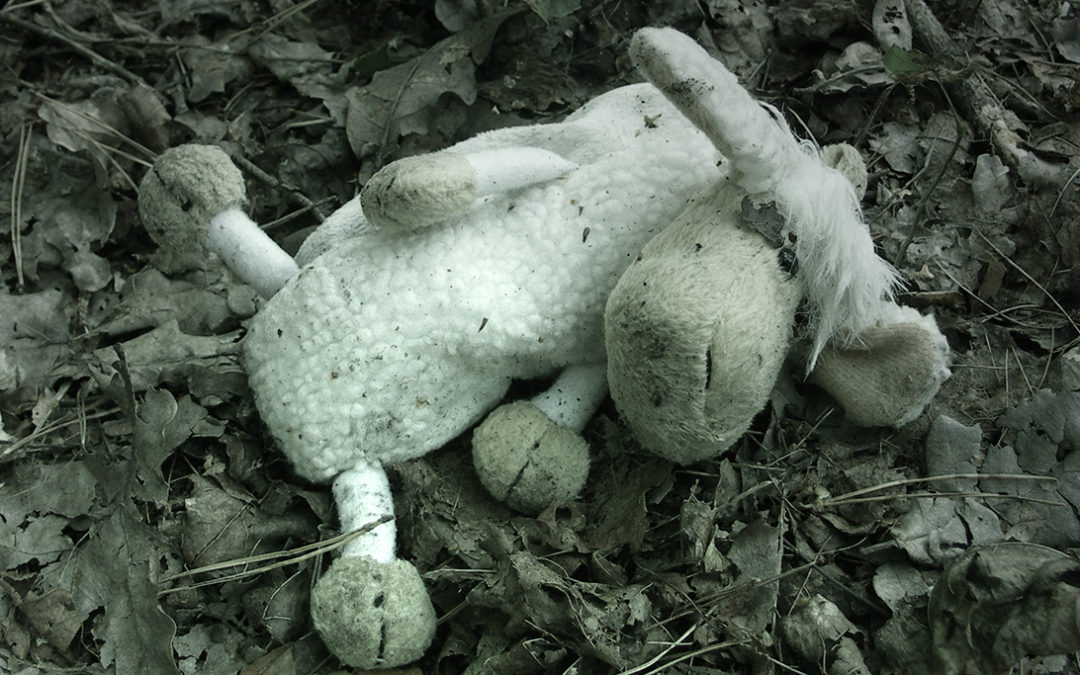One evening, before I knew Jesus Christ as my Savior, I was working a trade show in Atlanta, Georgia. At the end of the day I went for a walk. Unfamiliar with the city, I soon found myself alone in a rough part of town. Realizing I was out of my element, I gathered my composure and redirected my path back toward the convention center.
A few blocks into my journey, a man stepped out of the shadows. He asked me for money. He said he was hungry, but I suspected he had other intentions for any gift I might give him. He was persistent in his request—to the point that I feared exposing my wallet could get me robbed. But then, denying him could get me assaulted. Just then, I noticed a Burger King up ahead. I told him, “I won’t give you money, but if you are truly hungry, I will buy you something to eat.” The man agreed, and I spent the next half hour hearing his story, while he ate his burger and fries.
His story was sad. He said he had been a salesman. He had had a good job, a wife, children, and a home, but he had lost it all to a heroin addiction. He said it had been many years since he had seen his family, and he was sure they would not want to see him now.
When he finished his meal he left—disappeared back into the night. I remember feeling empty. The man needed more than a meal, more than rehab, more than a friendly ear, but I had nothing for him.
LUKE 15:4-7
Jesus said, “Suppose one of you has a hundred sheep and loses one of them. Doesn’t he leave the ninety-nine in the open country and go after the lost sheep until he finds it? And when he finds it, he joyfully puts it on his shoulders and goes home. Then he calls his friends and neighbors together and says, ‘Rejoice with me; I have found my lost sheep.’ I tell you that in the same way there will be more rejoicing in heaven over one sinner who repents than over ninety-nine righteous persons who do not need to repent.”
The Parable of the Lost Sheep appears just verses before The Parable of the Prodigal Son. In The Parable of the Lost Sheep we see God’s heart for the lost, and we learn that it is God who pursues us. It is God who comes after us, not out of anger, but with a hope to restore us—to return us to where we belong.
In The Parable of the Prodigal Son, we see God’s reaction to our return. He rejoices. He throws a celebration. The parable makes clear that we are his beloved children—and there is no sin that will not be forgiven when we return to him.
In many ways we are all like the homeless man I met on the streets of Atlanta. We are all addicts. The man’s addiction—his sin—was very visible. Like the prodigal son, he had hit rock bottom. But if the truth be told, he was in no worse shape than I… no worse shape than you in the eyes of God. He was just a man who had wandered away, and we have all done that. We might hide it better, we might be functioning addicts—functioning sinners—but we have all turned from God. We have all chased after the pleasures of this world. We have all become lost.
But the prodigal son had an epiphany— a moment of light in darkness. He realized it would be better to be a servant in his father’s home than to remain lost in his sin, so he returned to his father, humbled—smelling like swine, and broke—begging for a place in the servants’ quarters.
We too are called to come home, to recognize our sinfulness and to return to God. In doing so, we are promised more than a place in the servants’ quarters. We are promised restoration—a restoration made possible only by the blood of Jesus Christ, the Son who left heaven to pursue all who have wandered away. The Son who was crucified, rose again, and returned to the Father in triumph.
He is all you need. Receive him, repent, and rejoice with the angels, for there is singing in heaven.
Rev. Troy Tysdal is Director of Communications and Prayer for the Church of the Lutheran Brethren and serves as editor in chief of Faith & Fellowship magazine.

